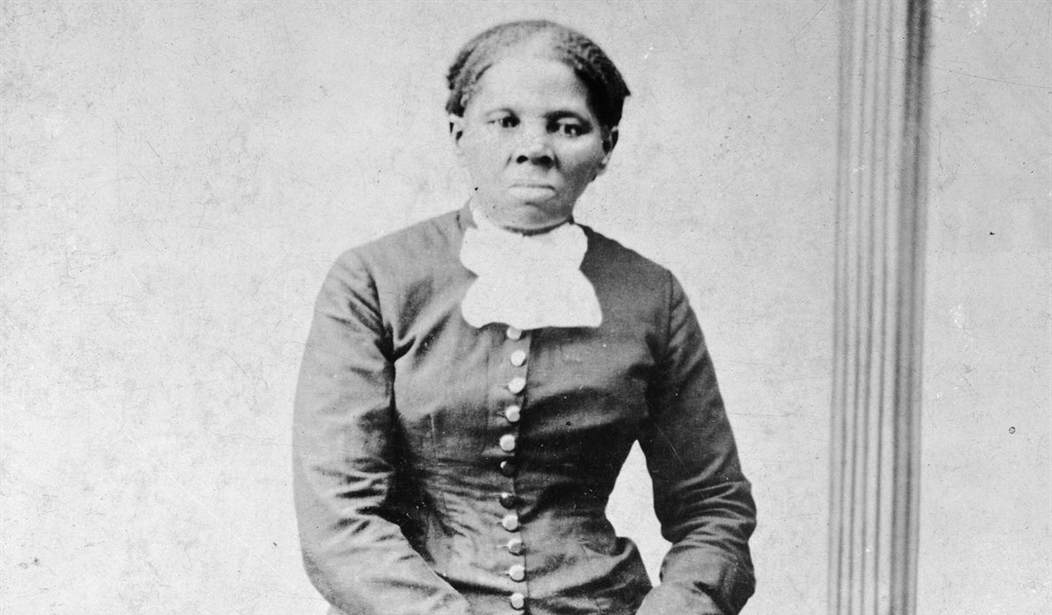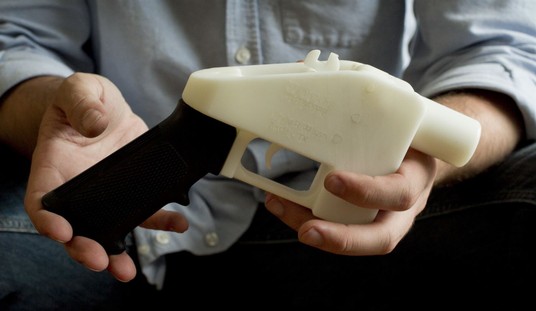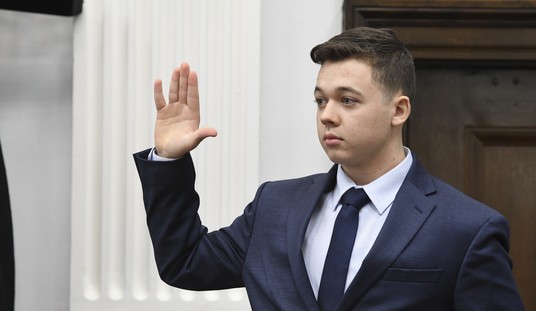Juneteenth is a holiday to celebrate not just for African Americans, but for all Americans of every race, ethnicity, religion, and other traits that make us unique as individuals. It is a very important milestone in the American project as it represents the continuation of the consistent, unhypocritical application of Thomas Jefferson’s words in the Declaration of Independence.
As the American franchise of freedom has grown in ever-expanding circles to cover all people in We the People, it’s important to note how many hard bumps were overcome along the road by our African American fellow citizens. No obstacle stands out more as a glaring example than the infringement of their right to keep and bear arms, explicitly as a tool of keeping them in servitude and inferior status. Gun control is people control, and history shows it. The National African American Gun Association (which you should consider joining, even if you aren’t black) has a good summary of that history on their website, starting with the original French Black Codes in Louisiana that disarmed black slaves.
It is impossible to permanently subdue the human spirit. All of us have a natural longing to be free, to live our lives as we see best, to pursue our dreams and our happiness as we define it. So was the case with enslaved black people.
From the time of the Founding to the formal abolishment of slavery after the Civil War, black people never gave up on their freedom and natural rights. Where they were enslaved, they tried to escape. Where they were free, they sought to help the enslaved.
Abolitionist Harriett Tubman exemplifies this spirit. Escaping slavery herself, Tubman made several daring, successful attempts to rescue 70 slaves through the Underground Railroad. Reflecting later, Tubman used the literal words of slave-owning Founding Father Patrick Henry, saying she had to choose between “Liberty or death,” and wasn’t afraid of dying in the process of securing her Liberty.
Tubman exercised her right to keep and bear arms to protect herself and the escapees from slave catchers, carrying a revolver – the most advanced “assault weapon” of the time – and even threatening to shoot an escapee whose wavering would have threatened the other escapees’ lives and liberty.
Where Tubman’s revolver did the “groundwork,” her personal friend and contemporary abolitionist Frederick Douglass’ pen wrote the importance of the right to keep and bear arms in the preservation of the American idea of Liberty. His famous quote sums it up clearly:
“…the liberties of the American people were dependent upon the ballot-box, the jury-box, and the cartridge-box; that without these no class of people could live and flourish in this country;”
In the post-Civil War era, when slavery was formally abolished but Jim Crow laws and “extra-legal” subjugation and violence against freed African Americans was running rampant, civil rights activist Ida B. Wells tried using her First Amendment rights to appeal and sway the opinions of Southern Whites to criminalize lynching. When she realized that her speech and advocacy of the use of the democratic process failed to secure the lives and liberty of black Americans, she advocated the use of Douglass’ third box for defense against lynching: the cartridge box. Note Wells’ advocacy of the most advanced “assault weapon” of her time: the Winchester rifle.
Of the many inhuman outrages of this present year, the only case where the proposed lynching did not occur, was where the men armed themselves in Jacksonville, Fla., and Paducah, Ky, and prevented it. The only times an Afro-American who was assaulted got away has been when he had a gun and used it in self-defense.
The lesson this teaches and which every Afro-American should ponder well, is that a Winchester rifle should have a place of honor in every black home, and it should be used for that protection which the law refuses to give. When the white man who is always the aggressor knows he runs as great risk of biting the dust every time his Afro-American victim does, he will have greater respect for Afro-American life. The more the Afro-American yields and cringes and begs, the more he has to do so, the more he is insulted, outraged and lynched.
The necessity of the cartridge box continued from Wells’ time to the modern Civil Rights struggle, as the Deacons of Defense and Justice were formed to protect nonviolent Civil Rights activists from violence through the deterrent effect of defensive arms. Once again, the peaceable First Amendment process of speech and persuasion was protected by the Second Amendment from those who would use violence to stop the former.
It is hard to cover so much history in one article. For the interested reader, I recommend reading the NAAGA amicus brief in NYSRPA v. Bruen. Also consider reading the Black Guns Matter amicus brief, filed in conjunction with A Girl & A Gun Women’s Shooting League and Armed Equality.
Juneteenth is a unique holiday in an exceptional country with a unique history. While celebrating it, let’s also remember the legacy and tradition of African American firearms ownership in the advancement of Liberty.









Join the conversation as a VIP Member